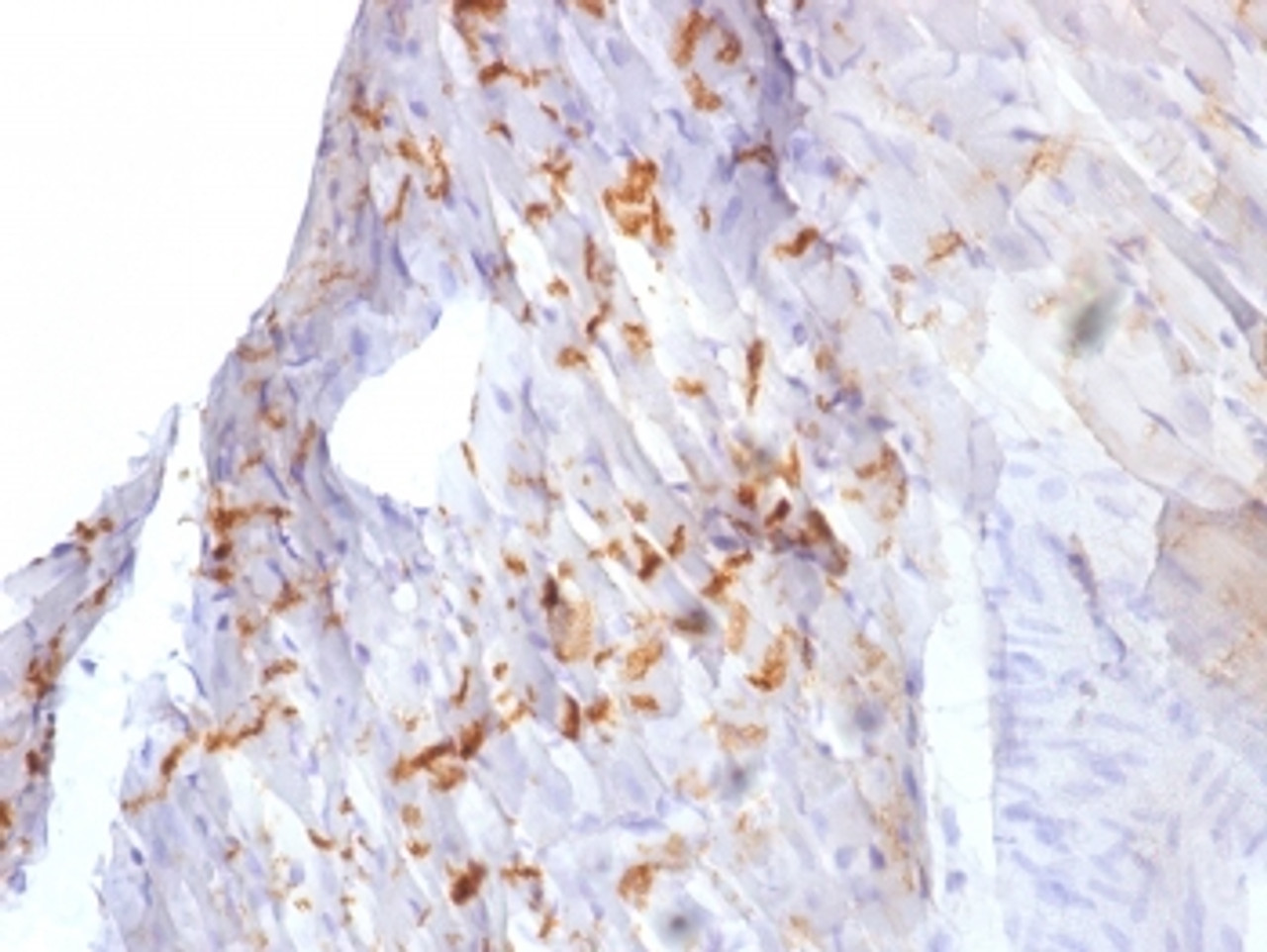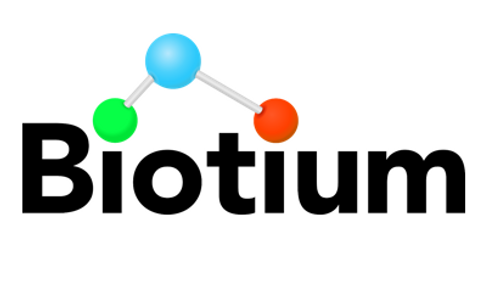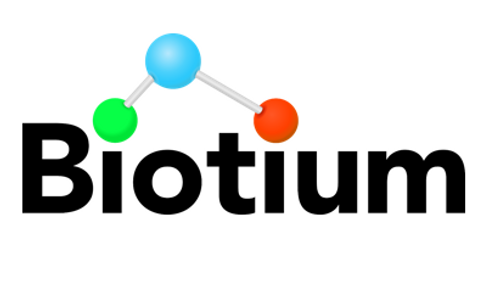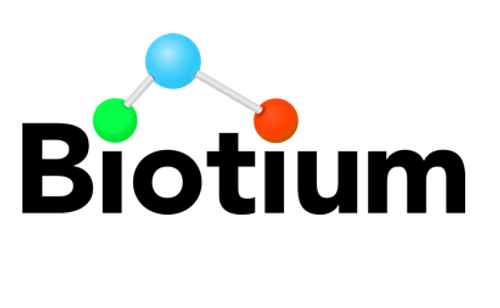Product Description
N-Cadherin Antibody [8C11] | 33-748 | ProSci
Host: Mouse
Reactivity: Human, Mouse, Rat
Homology: N/A
Immunogen: A human partial recombinant protein corresponding to the N-Cadherin extracellular domain was used as the immunogen for this CDH2 antibody.
Research Area: Cancer, Signal Transduction, Stem Cell
Tested Application: Flow, WB, IF, IHC-P
Application: Flow Cytometry: 0.5-1ug/10^6 cells in 0.1ml
IF: 1-2 ug/ml
WB: 0.5-1 ug/ml
IHC (FFPE) : 0.5-1 ug/ml for 30 min at RT
The concentration stated for each application is a general starting point. Variations in protocols, secondaries and substrates may require the CDH2 antibody to be titered up or down for optimal performance.
Specificiy: N/A
Positive Control 1: N/A
Positive Control 2: N/A
Positive Control 3: N/A
Positive Control 4: N/A
Positive Control 5: N/A
Positive Control 6: N/A
Molecular Weight: N/A
Validation: N/A
Isoform: N/A
Purification: Protein G affinity chromatography
Clonality: Monoclonal
Clone: 8C11
Isotype: IgG1, kappa
Conjugate: Unconjugated
Physical State: Liquid
Buffer: PBS with 0.1 mg/ml BSA and 0.05% sodium azide
Concentration: 0.2 mg/mL
Storage Condition: Aliquot and Store at 2-8˚C. Avoid freez-thaw cycles.
Alternate Name: CDH2, CDw325, CDHN, Cadherin-2, CD325, CD325 antigen, N Cadherin, N-cadherin, NCAD, Neural cadherin, N-cadherin 1, Neural-cadherin
User Note: Optimal dilutions for each application to be determined by the researcher
BACKGROUND: Recognizes a protein of ~140kDa, identified as N-Cadherin (NCAD) , also known as CDH2 and CD325. CDH2 is a member of the Cadherin superfamily, and consists of five extracellular repeats, a transmembrane domain and a cytoplasmic domain. CDH2 deficient mice die at day 10 of gestation and embryos display major heart defects and malformed neural tubes and somites. Consistent with this, the protein has been implicated in several aspects of cardiac development including the precardiac mesoderm, establishment of left-right symmetry and cardiac looping morphogenesis. Furthermore, it is normally involved in inducing cell cycle arrest and its expression is frequently deregulated in cancer cells. Studies have linked N-cadherin to cancer metastasis by showing the aggressive tumor cells had preferentially turned on N-cadherin as opposed to E- or P-cadherin.
 Euro
Euro
 USD
USD
 British Pound
British Pound
 NULL
NULL

![N-Cadherin Antibody [8C11] N-Cadherin Antibody [8C11]](https://cdn11.bigcommerce.com/s-452hpg8iuh/images/stencil/1280x1280/products/575560/812452/porsci_lo__79508.1648973713__87273.1649091964.png?c=2)


![N-Cadherin Antibody [8C11] N-Cadherin Antibody [8C11]](https://cdn11.bigcommerce.com/s-452hpg8iuh/images/stencil/100x100/products/575560/812452/porsci_lo__79508.1648973713__87273.1649091964.png?c=2)


![N-Cadherin Antibody [8C11] N-Cadherin Antibody [8C11]](https://cdn11.bigcommerce.com/s-452hpg8iuh/images/stencil/500x659/products/575560/812452/porsci_lo__79508.1648973713__87273.1649091964.png?c=2)




